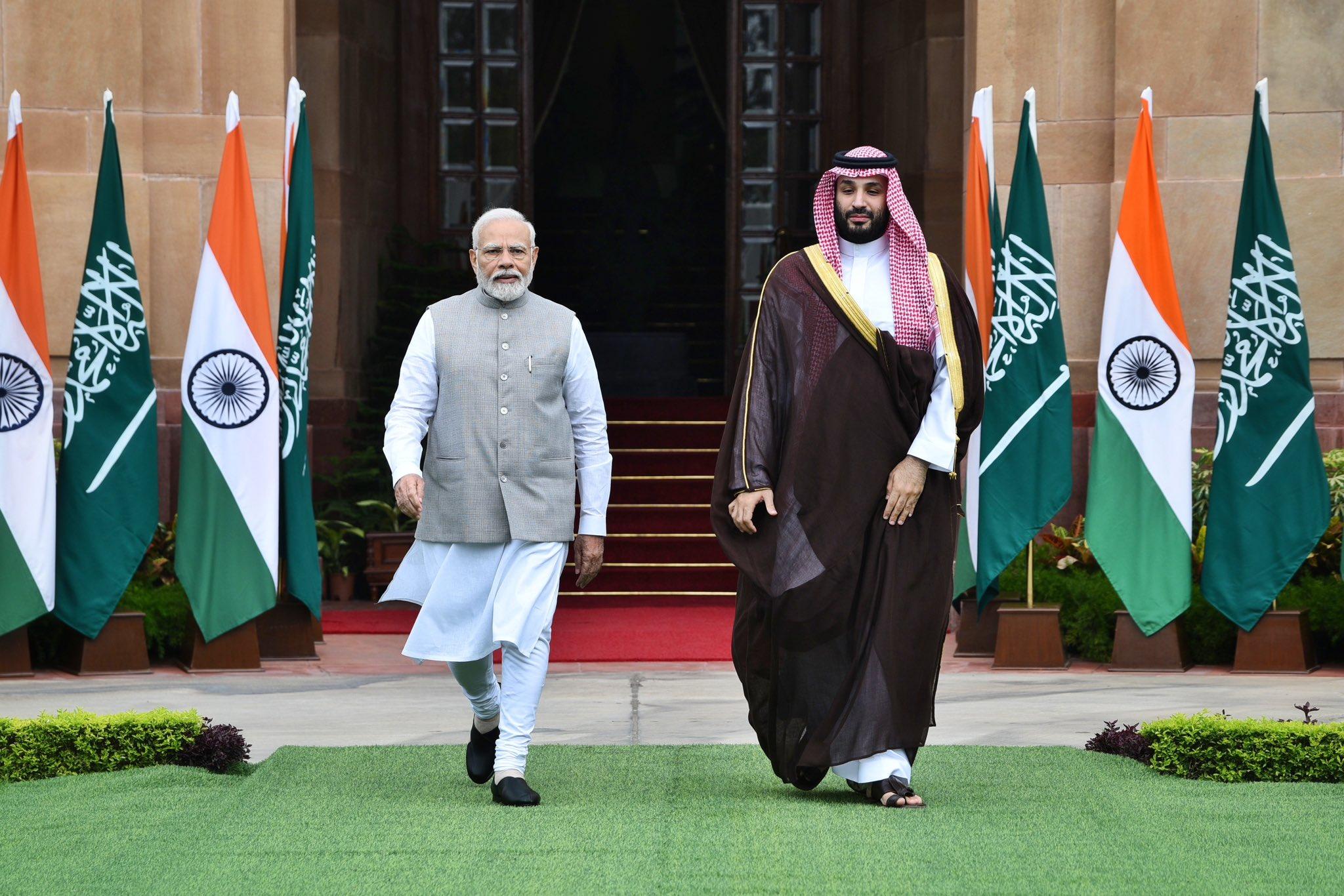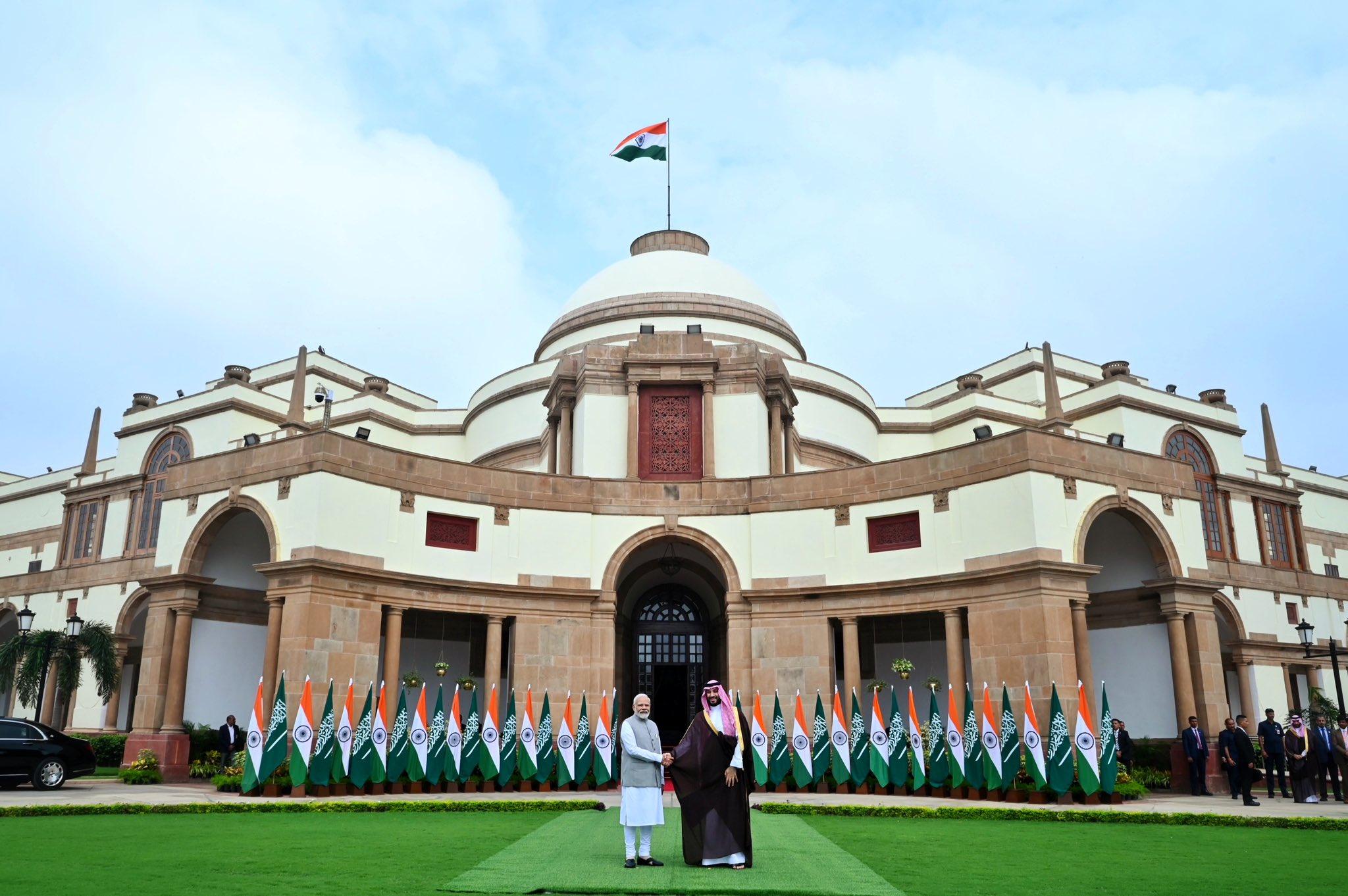
In a significant geopolitical development, India and Saudi Arabia—two countries with historically distinct strategic identities—have formalized an intelligence-sharing agreement that marks a new era in regional diplomacy and security cooperation.
According to a detailed report by The Sunday Guardian, the Saudi Cabinet has officially approved a framework for intelligence collaboration with India’s premier external intelligence agency, the Research and Analysis Wing (RAW). This is the first instance where Saudi Arabia has signed a formal intelligence-sharing agreement with any country, signaling a paradigm shift in its global strategic posture.
This cooperation is not just symbolic but carries tangible implications for regional stability, especially in counter-terrorism efforts. The agreement ensures that terrorism-related intelligence is now being exchanged directly between the two nations. India is beginning to receive actionable ground-level information from Gulf nations, significantly strengthening its reach and influence in the region.
The implications for Pakistan are profound. For decades, Pakistan has relied heavily on its Islamic brotherhood diplomacy with Saudi Arabia and other Arab countries. Its foreign policy has been rooted in the idea of pan-Islamic unity, positioning itself as a natural ally of the Arab world. However, the growing India-Gulf nexus, especially in intelligence and defense matters, is rapidly dismantling this long-held strategic advantage.
This transformation became even more evident after the terrorist attack in Pahalgam, Jammu and Kashmir, in April 2025. India responded swiftly and decisively, and this time, it wasn’t alone. The Gulf countries, including members of the Gulf Cooperation Council (GCC), issued a joint statement strongly condemning the attack. They also expressed solidarity with India, an unusual but telling move that underlines the shift in regional alignments.
The GCC’s public support for India following the Pahalgam attack illustrates a rare and strategic realignment in Middle Eastern priorities. Where previously such organizations often remained neutral or silent on issues between India and Pakistan, today they are increasingly vocal in their support for India's fight against terrorism.
This evolution in ties is rooted in more than just security needs. It reflects India’s successful diplomacy and increasing influence across the Gulf. India’s consistent economic growth, its large diaspora in the Gulf, and its global stature as a responsible power have contributed to reshaping perceptions in the Arab world. Today, India's presence in the region is not only commercial but also strategic and political.
Pakistan, on the other hand, is witnessing a steady erosion of its influence. Its strategic importance to Gulf states is declining, and the pressure on its terror-linked networks is mounting. With the Arab world leaning toward India, Pakistan finds itself isolated on both diplomatic and security fronts.

This India-Saudi intelligence partnership has given New Delhi a significant upper hand in monitoring and neutralizing Pakistan-backed terror activities, not just within Indian territory but across the broader Middle Eastern landscape where many such operatives seek refuge.
What once was an exclusive domain of Western powers—formalized intelligence-sharing agreements and strategic defense cooperation—is now being adopted by countries like Saudi Arabia with rising powers like India. The partnership between RAW and Saudi intelligence is evidence of a maturing relationship grounded in mutual strategic interests.
The sands of the Arabian Peninsula are shifting—quite literally—in India’s favor. Where once Pakistan claimed fraternal ties based on religious identity, today India is building relationships based on realpolitik, strategic vision, and shared security concerns.
As Saudi Arabia and other Gulf nations pivot towards India, the old framework of Islamic unity as a cornerstone of Pakistan's diplomacy is facing an existential crisis. India's diplomatic footprint is expanding, and its influence now touches even the most traditional bastions of Islamic geopolitics.
This is not just a diplomatic success for India; it is a clear signal that global alliances are being redefined by mutual interests, not just historical affiliations.
Now the question is: how will Pakistan respond to this new geopolitical reality? And can it reclaim its lost strategic ground? Only time will tell.
Disclaimer:This article is intended for informational and educational purposes only. It does not constitute any form of political advice, endorsement, or opinion. The views expressed are based on publicly available sources and media reports, including The Sunday Guardian. Readers are advised to verify facts independently before forming any conclusions.




